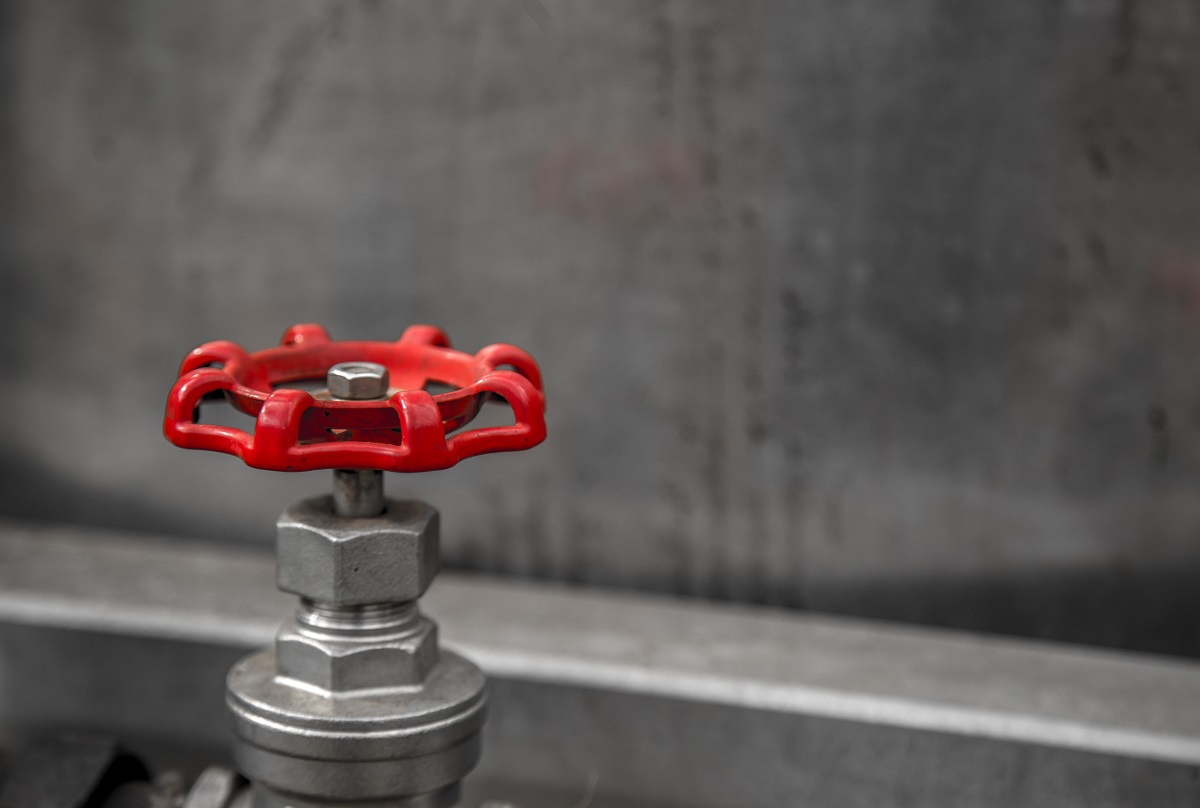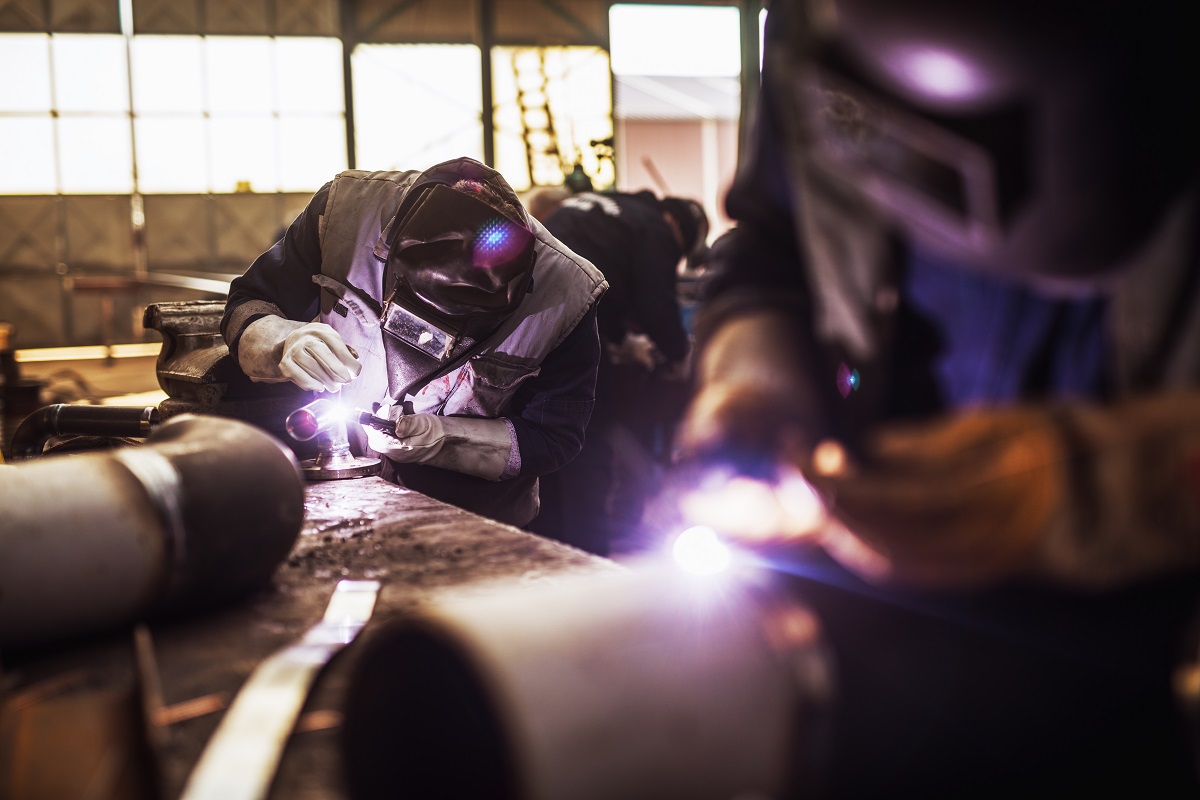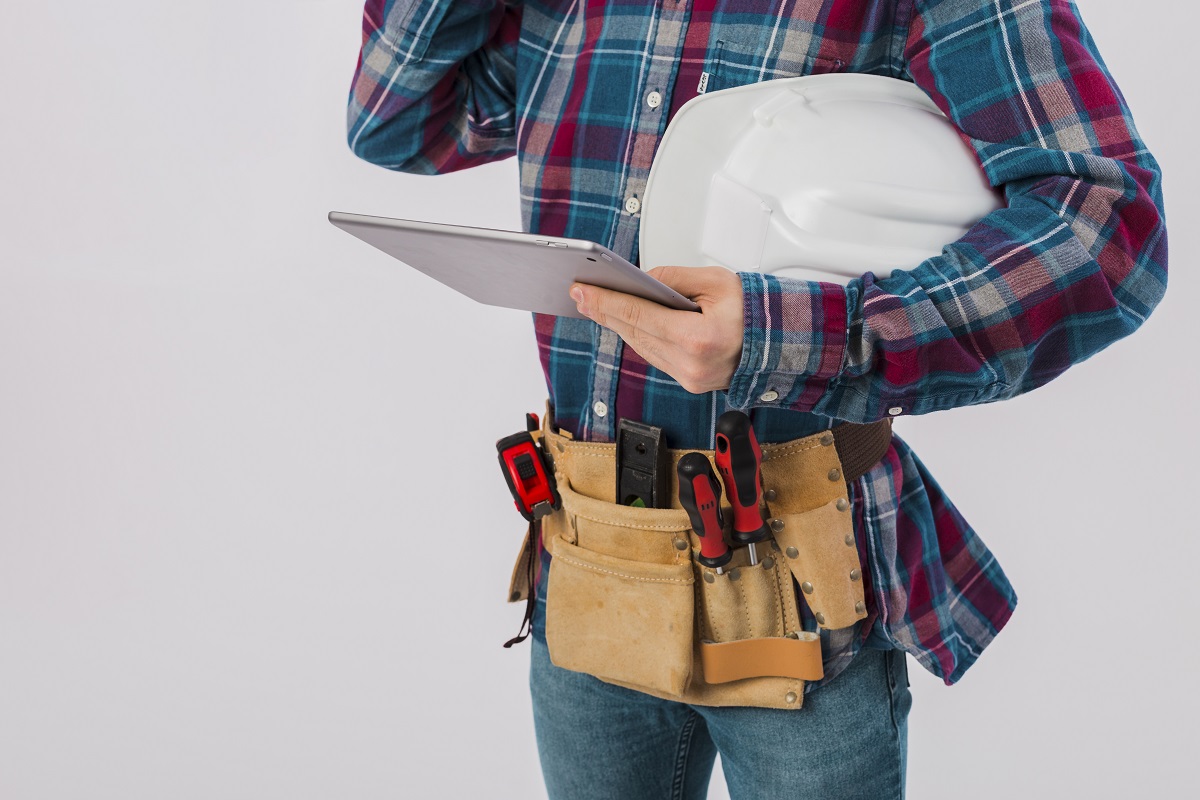
4 Things You Need to Know About Gas Supply Lines
What are the things you need to know about gas supply lines?
- Pipes used in gas lines
- Gas Line Installation
- Safety tips for gas lines
- Maintenance of gas pipelines
From residential, medical, commercial, and industrial use—gas lines are widely utilized for countless purposes. It can provide energy at home for the water heater or the gas stove while it is an indispensable component in supplying medical oxygen at the hospital. Other than that, it is also required for food court operations, laundry shops, and more! That’s why if you’re planning to install new gas supply lines, here are the things you need to know. Keep on reading.
Pipes Used in Gas Lines

When it comes to gas lines, the main goal is to have durable materials that will withstand high pressures. Otherwise, you will end up with leaks that could potentially lead to explosions. Other than that, inhalation of these substances can also be harmful to one’s health.
While plastic pipes can be conveniently used for DIY piping purposes, they are not recommended for gas lines. This is because they are prone to deformation and fractures when exposed to high pressures. After all, you want your pipes to withstand external factors such as earthquakes to prevent gas leaks. For this reason, metal pipes are the common materials used in gas lines.
Because of that, the most common gas piping you can find is black iron. Because it is durable, it is typically used for natural gas and propane fuel lines. In both residential and industrial applications, it can be seen supplying energy to a water heater, boiler, or furnace. In some areas, galvanized steel is also used.
Gas Line Installation
Aside from its durability, one of the benefits of using a black iron pipe is it is easy to install. A steel supplier can help you cut it into specific lengths so all you need to do is hire a professional to connect all the materials needed for your gas supply line. Because it is highly malleable, the ends can also be threaded conveniently.
This is important because threaded pipes can be connected to fittings instead of having them welded. With a Teflon sealant tape, you can achieve airtight seals that can withstand temperature changes caused by the weather. Other than that, a liquid sealant such as pipe dope can also be used to fill in the gaps between the threads.
After that, you can use black iron pipe fittings to keep your supply lines connected. Depending on your needs, you might use couplings, elbows, bushings, unions, nipples, or plugs. But in some cases, welding might be recommended when installing pipes.
Safety Tips for Gas Lines

In relation to gas piping installation, there are a few things you need to remember to prevent future problems:
- Look for suppliers with certified black iron pipes to ensure that you’re getting the best quality materials for your supply lines.
- It is recommended to contact a licensed plumber to make sure that your gas lines are properly installed with no leaks.
- When installing new gas supply lines, be informed about the local codes and rules in your area first.
- Turn off the main gas valves when replacing existing pipes and old valves.
- Ensure that gas lines are not installed in ducts and chimneys.
- Prevent gas from igniting by bonding your gas piping to a grounding system.
- An earthquake shutoff valve can protect your establishment from serious damage when a significant magnitude takes place.
To protect your new gas supply lines from corrosion, some plumbers will recommend painting your pipes with epoxy coating. This added layer of protection can prevent them from coming into contact with corrosive materials such as water and soil.
Maintenance of Gas Pipelines
Now that you have your new gas supply lines properly installed, the remaining thing left to do is regular maintenance. With this, you can expect many years of use from your piping while keeping your staff and family safe.
- Install smoke and carbon monoxide detectors on each floor of your establishment to help you detect gas leaks or fire problems.
- Have your gas lines inspected regularly by professional and experienced technicians to keep them in the best condition.
- Train your staff on using appliances and equipment that are powered by your gas supply lines.
- Keep away flammable and combustible materials such as paper, vegetation, and debris from gas supply lines.
- Be observant about signs that you need gas line replacement—such as chemical odors, unusual noises, or higher bills.
Key Takeaway
When installing new gas supply lines, you should always rely on a licensed and certified plumber with years of experience. Other than that, you need to ensure that you have the right piping materials, connectors, and fittings to prevent gas leak problems in the future.
If you need a supplier of certified black iron pipes for your gas supply lines, you can contact Supreme Pipe! As a trusted steel provider in the Philippines, you can rely on our commitment to providing quality products to our clients throughout the years. For any inquiries about our products and services, you can send a message here!


